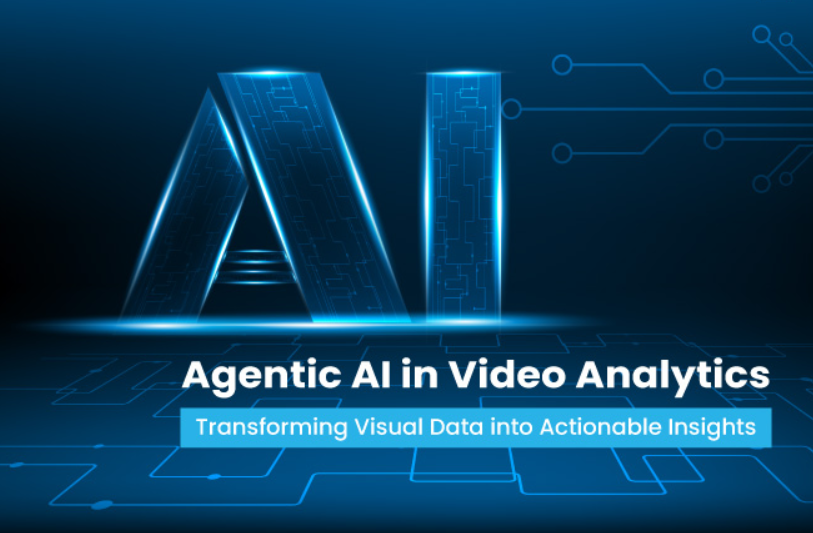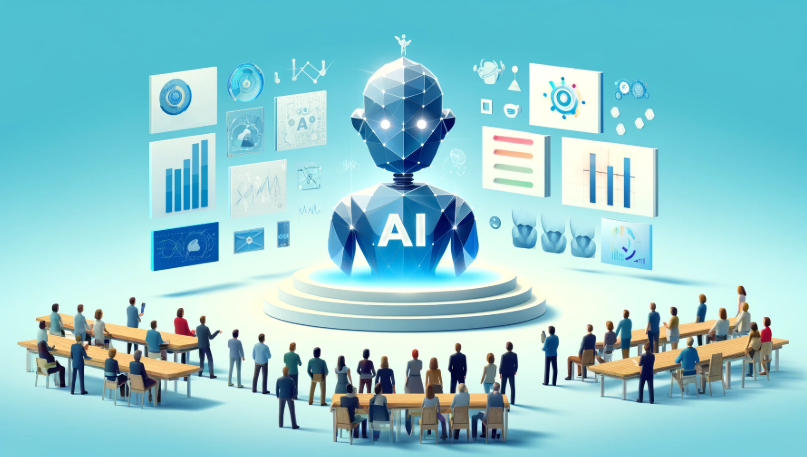Introduction
A recent industry study revealed that AI-powered search is now surpassing traditional search engines in how B2B buyers discover content. With large language models (LLMs) delivering conversational answers, buyers increasingly rely on AI assistants rather than typing queries into Google. For B2B marketers, this is a turning point. SEO is no longer enough. Content must now be designed for AI discovery.
Why It Matters for B2B
For years, B2B marketers optimized for search engines by focusing on keywords, backlinks, and page structure. But AI assistants retrieve, summarize, and synthesize information differently. If content is not structured for machine comprehension, it risks being invisible in the channels buyers now trust most.
Key Findings
- 89% of organizations are unprepared for AI-driven discovery.
- Only 11% of existing content is “AI-ready.”
- Buyers trust AI answers more when sources are transparent and structured.
Cross-Functional Implications
- Marketing: Content must shift from keyword stuffing to semantic richness.
- Sales: Reps will need AI-friendly collateral that can surface in assistant workflows.
- IT: Schema markup and structured data integration become crucial.
- Product: Knowledge bases must be designed for AI discovery.
Strategic Recommendations
- Audit existing content for structure, clarity, and semantic metadata.
- Implement schema markup to make content machine-readable.
- Produce original thought leadership that AI models are more likely to cite.
- Retrain SEO teams to adapt skills toward AI discoverability.
Risks and Challenges
Over-optimizing for AI can reduce readability for humans. Dependence on opaque AI algorithms creates uncertainty about attribution. Content misuse or hallucination by AI assistants could misrepresent your brand.
Conclusion
The age of SEO is evolving into the age of AI-powered discovery. B2B companies that adapt early will secure visibility in the next generation of buyer journeys. Those that ignore it risk becoming invisible.






